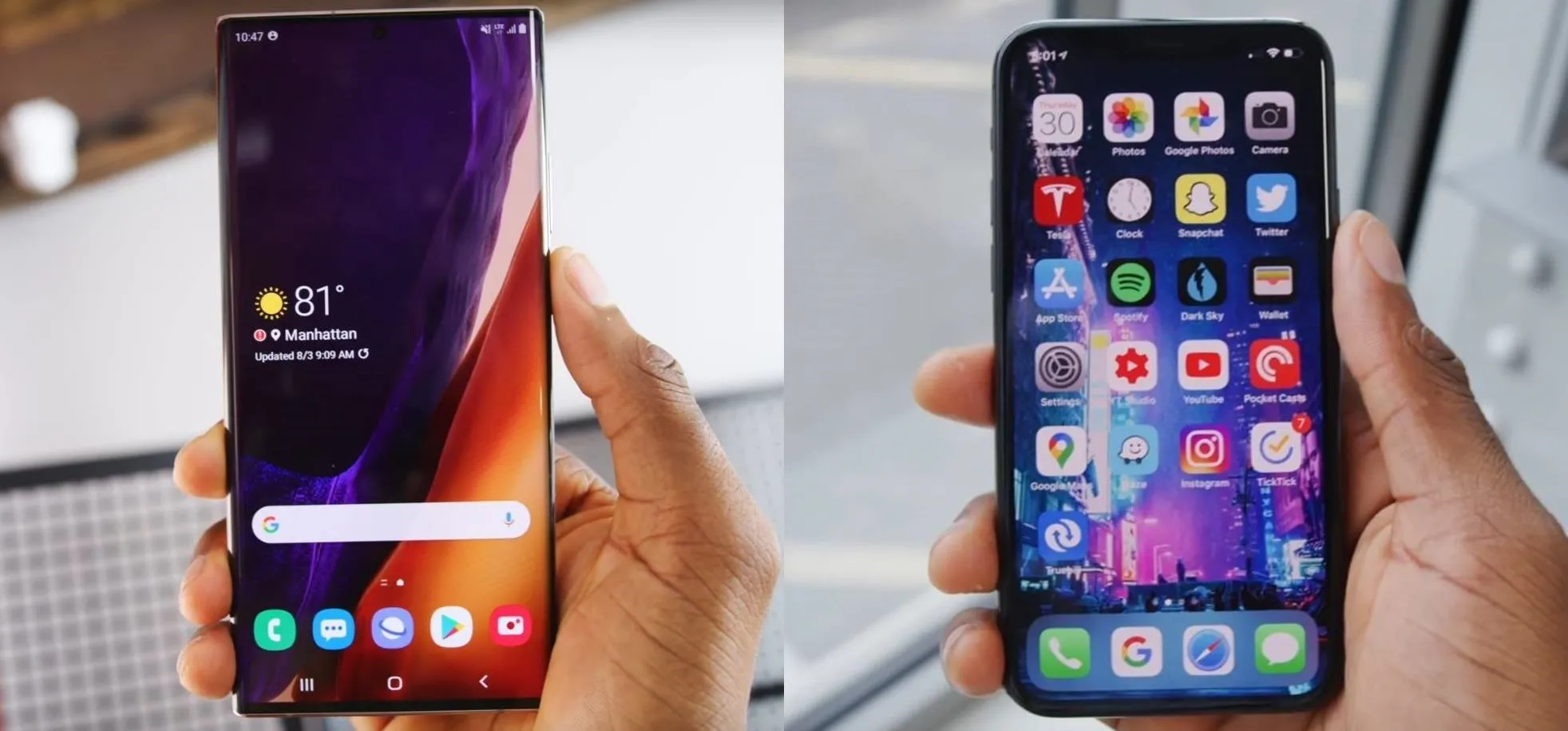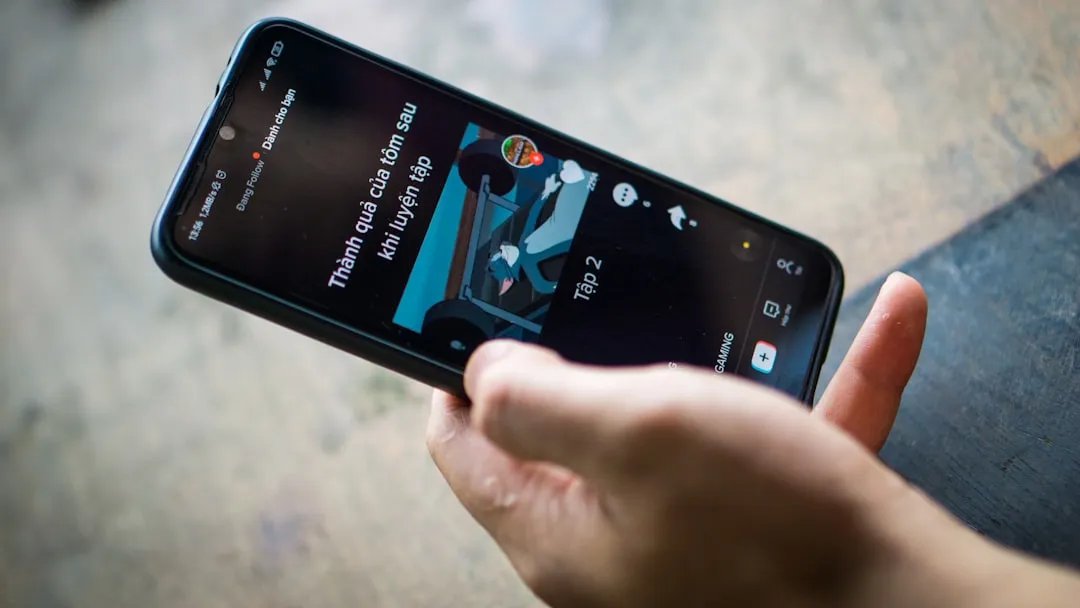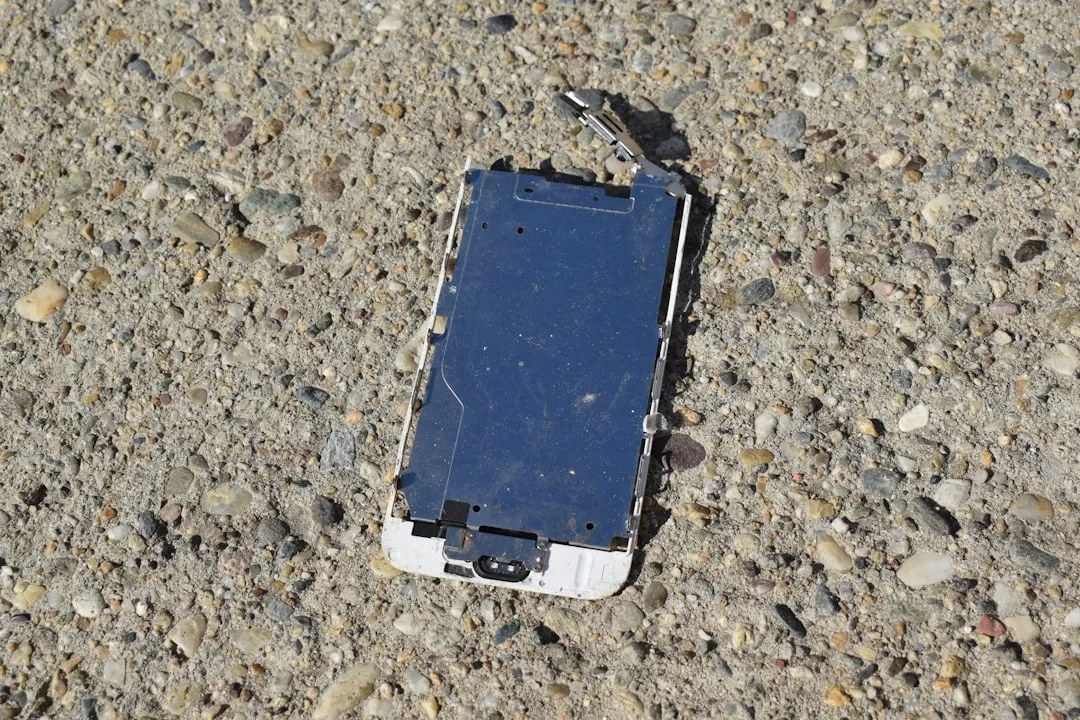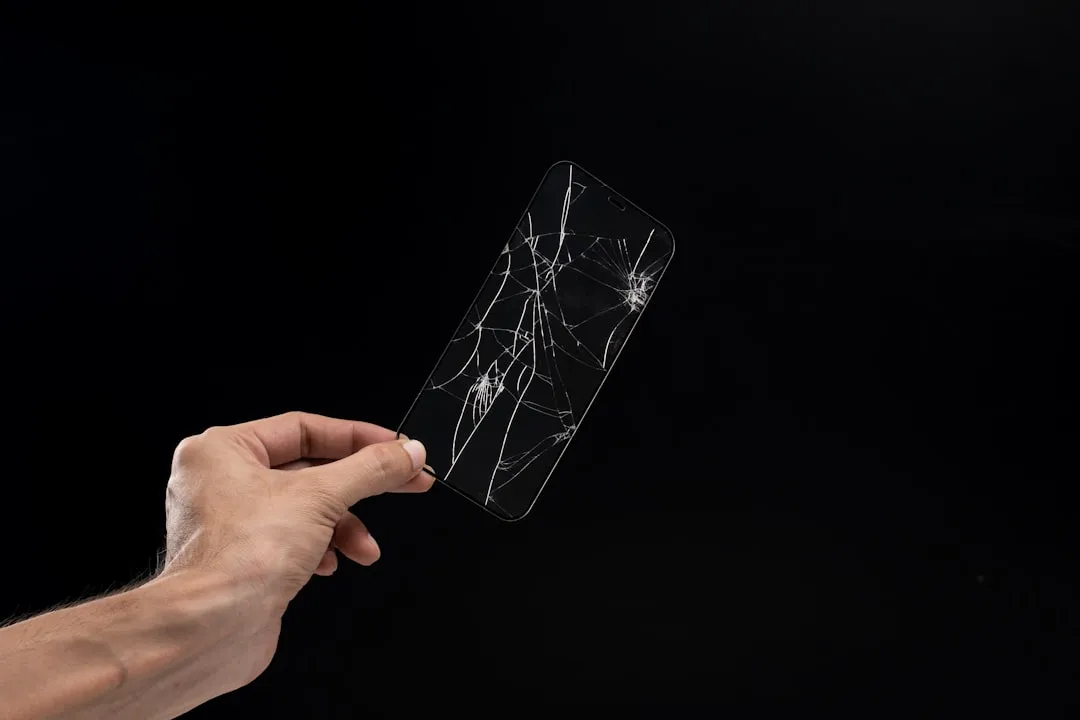At the beginning of every year, Samsung drops a fantastic phone in the Galaxy S series, and then tries to top it with the Galaxy Note series in August. This year, Samsung had their work cut out for them. But they managed to improve on their predecessor and properly challenge Apple's best.
No, you won't switch teams because of the Galaxy Note 20 Ultra. Instead, we aimed to arm both sides with valid points as to why their phone is better than the other. Check out our comparison and start a debate with your Samsung or Apple friend, informing them why your phone is better.
Comparison Chart

Jon Knight/Gadget Hacks
What the Galaxy Note 20 Ultra Does Better
If you simply want the better phone on paper, the Galaxy Note 20 Ultra is your choice. At launch, it is the best overall phone when comparing its collection of hardware to other smartphones. With its faster SoC (at least the Snapdragon 865+ variant), 12 GB of LRPPR5 RAM, 108 MP primary camera, and a host of other bleeding-edge technologies, you can be sure you are buying a phone that will still be a beast two years from now.
Love watching Netflix and Disney+ on your phone? The Galaxy Note 20 Ultra has you covered. Its nearly 7-inch display is bigger than the iPhone 11 Pro Max while also having a higher resolution. The combination of these two specs leads to better pixel density.
Do you love mobile gaming? The 120 Hz refresh rate will give you the smoothest experience, whether you are playing Fortnite or Google Stadia. Samsung has also partnered with Xbox to offer a free three months of Xbox Game Pass Ultimate, which not only lets you play hundreds of game for free on your PC and Xbox, but starting on September 15, will also allow you play over 100 games on your Galaxy Note 20 Ultra whether on Wi-Fi or cellular data.
Do you want to create the next great film? With the triple rear cameras, you can accomplish all this with just your phone. For the videographer, the Note 20 Ultra lets you shoot up to 8K in 24 fps, that standard frame rate for cinema. You can even control the direction the microphone records, optimizing the sound to best capture the subject or environment.
What about if photography is more your jam? Having such a high-resolution camera at your disposal gives you more flexibility than the 12 MP on the iPhone 11 Pro Max, allowing you to crop images without losing details, zoom in for impressive details, and even print out amazing detail large photos. Best of all, thanks to Nanocell tech, it combines 9 adjacent pixels to improve light sensitivity.
What the iPhone 11 Pro Max Does Better
Simply put, you choose the iPhone 11 Pro Max for one of three reasons: you are Team Apple, you never tried the Galaxy Note 20 Ultra, or you prefer the seamlessness of iPhone and iOS. There is a lot to be said about the latter, and a true advantage all Apple devices have, including the iPhone 11 Pro Max.
Look at the difference in software support. With the iPhone 11 Pro Max, you have five years of support. Even with the phone nearly a year old at the launch of the Galaxy Note 20 Ultra, it still has one more year of full support, including both software updates and security fixes.
For those who like the security of extended warranty, at $299, you get all the protection of Samsung Care+ with one huge addition, theft and loss protection. Lose your phone and Apple will replace it for a fraction of the price. If you don't need that, AppleCare+ is nearly $90 cheaper than Samsung Care+ for the same length of time.
Then there is performance. Yes, on paper, the Snapdragon 865+ looks better. It has three clusters of cores, two more additional cores, and a higher clock frequency on its primary core. But in benchmarks, the A13 Bionic still surpass it. And it does this with half the RAM of the Note 20. Gaming performance is similar, although the comparison is much closer.
No, the iPhone 11 Pro Max doesn't currently support 5G, but at the time of writing, that isn't really the biggest advantage. Most carriers don't have 5G in all markets, 5G consumes more battery, and the modem is expensive. As a result, for a phone you are going to mostly use in 4G, saving the $200 to get the iPhone 11 Pro Max is a better deal.
Cover image via MKBHD/YouTube and MKBHD/YouTube






























Comments
Be the first, drop a comment!